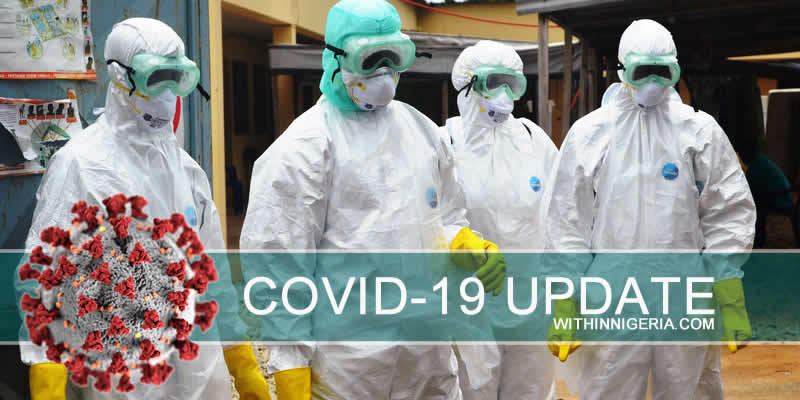The World Health Organisation (WHO) has said the coronavirus (COVID-19) “may never go away.” It, therefore, warned against any attempt to predict how long it would keep circulating and called for a “massive effort” to counter it.
WHO emergencies expert, Mike Ryan, told an online briefing on Wednesday: “It is important to put this on the table: this virus may become just another endemic virus in our communities.
“I think it is important we are realistic and I don’t think anyone can predict when this disease will disappear. I think there are no promises in this and there are no dates. This disease may settle into a long problem, or it may not be.”
But according to him, the world has some control over how it copes with the disease, although this would take a “massive effort” even if a vaccine is found — a prospect he described as a “massive moonshot”.
Ryan noted that vaccines exist for other illnesses, such as measles, that have not been eliminated.
“We need to get into the mindset that it is going to take some time to come out of this pandemic,” WHO epidemiologist Maria van Kerkhove told the briefing.
WHO Director-General Tedros Adhanom Ghebreyesus added: “The trajectory is in our hands, and it’s everybody’s business, and we should all contribute to stopping this pandemic.”
This came as more than 140 world leaders and experts on May 14, signed an open letter calling on all governments to unite behind a people’s vaccine against COVID-19.
The signatories include President of South Africa and Chair of the African Union Cyril Ramaphosa; Prime Minister of Pakistan Imran Khan; President of the Republic of Senegal, Macky Sall; and President of the Republic of Ghana Nana Addo Dankwa Akufo-Addo.
The letter, which marked the most ambitious position yet by world leaders on a COVID-19 vaccine, according to a statement by the Joint United Nations Programme on AIDS (UNAIDS), demanded that all vaccines, treatments and tests be patent-free, mass-produced, distributed fairly and made available to all people, in all countries, free of charge.
Coordinated by UNAIDS and Oxfam, the letter warned that the world should not have monopolies and competition stand in the way of the universal need to save lives.
